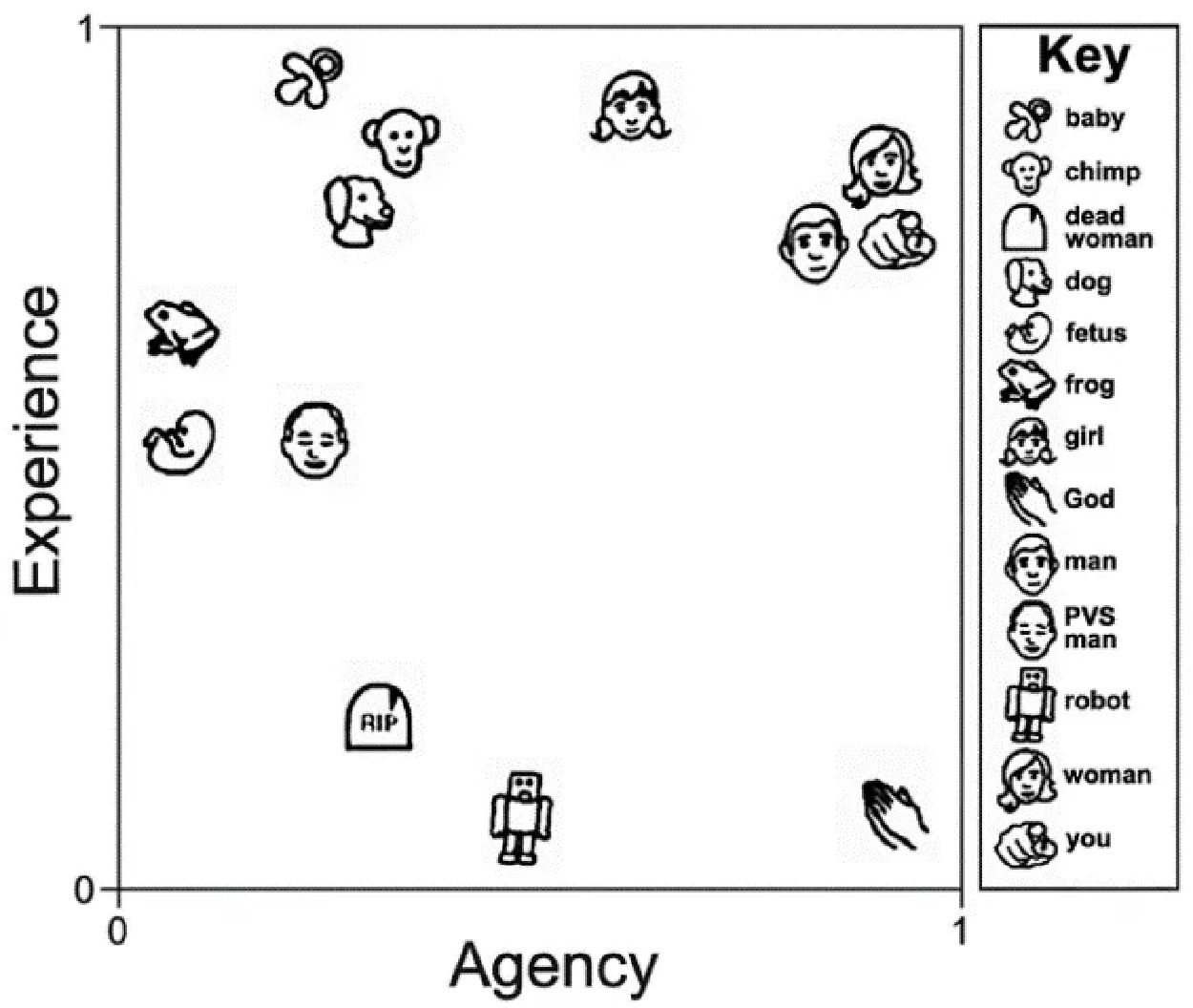
The repetition of syllables in words across cultures usually leads to amusing phonetic structures. From tourists hearing expressions in a foreign language for the first time, to people learning a new language, to native speakers - we all hear and use such amusing words on a daily basis.
In China, for example, conversations between parents and children are often filled with words that contain repeating syllables (Chinese characters): “chī fàn fàn” (吃饭饭) - eat your meal, “shuì jiào jiào” (睡觉觉) - sleep, sleep, “xǐ xiāng xiāng” (洗香香) - wash yourself, and many others.
In addition to everyday life, the repetition of syllables is also a frequently used method for naming brands in a business environment. In addition to the well-known traditional industrial brands such as “Wahaha” (娃哈哈), “Xiāng Piāo Piāo” (香飘飘), “Wàng Wàng” (旺旺), “Pàn Pàn” (盼盼), many up-and-coming internet brands also prefer this method of naming.
For example, it is hard to get to places without “Didi Chuxing” (滴滴出行) (car-hailing APP), avoid “Huolala” (货拉拉) when moving and transporting goods, skip “Pinduoduo” (拼多多) or do not click on “Taodiandian” (淘点点) when shopping online, “Bilibili” (哔哩哔哩) for online learning and watching videos, and “DingDing” (钉钉) (aka DingTalk) for work. It turns out that those who live in China are practically surrounded by brands that have repetitive characters in their names.

|
Brand logo source: Public images |
Professor ZHOU Xinyue (周欣悦) from the Marketing Department of the School of Management at Zhejiang University together with Prof. YE Weiling and XU Su from the Business School of Shanghai University of Finance and Economics, published the article 不同道德情境下叠音品牌名称对消费者道德反应的影响心智知觉理论的视角 ("Impact of repeated two-syllable brand names on consumer ethical responses in different moral contexts: A mind perception theory perspective") in the journal Acta Psychologica Sinica, and found out, that brand names with repetitive characters can influence the emotional state and behavior of consumers in different situations.

Click here to access the journal article
|
Xinyue ZHOU | 周欣悦 School of Management, Zhejiang University |
||
|
|
||
|
|
|
Academic Background: Director, Professor, and Doctoral Supervisor of the Marketing Department of Zhejiang University School of Management. Her research areas are consumer psychology, psychological and behavioral consequences of money, social cognition of nostalgia. You can learn more about Prof. Xinyue ZHOU’s academic background here |
|
Why are researchers interested in brand names that contain repeating characters? |
The brand name is a critical component in building relationships between brands and consumers. Existing research has shown that the phonetic characteristics of brand names can influence consumer perceptions, emotions, and behavior.
For example, previous studies on repetitive syllables have used the stereotype model to interpret the relationship between repetition and infant schema. They have proven that repetitive names can increase the perception of brand warmth and decrease the perception of brand competence, thereby increasing consumers’ preference for hedonic brands and decreasing consumers’ preference for “functional” brands.
However, ZHOU Xinyue and her fellow researchers noted that there is currently little research on how the phonetic characteristics of brand names influence consumers’ moral responses and the mechanisms behind these effects.
With the increasing prevalence of moral consumer behavior, especially under the influence of viral spread on the Internet, it is difficult for companies to prevent and avoid sudden ethical incidents.
|
How do brands with repetitive characters influence the moral responses of consumers in different moral situations? What is the mechanism behind this? |
In consumption situations, companies can be moral subjects or moral victims. Different roles lead to different consumer reactions that companies want to evoke. The former hopes to reduce consumer anger, while the latter hopes to gain more sympathy from consumers.
Based on seven experiments, the research team was able to prove that the influence mechanism of brand tones on consumer reactions is different in the two moral role situations of the moral subject and the moral victim.
■ Moral Subject situation - When companies publish counterproductive advertisements, pharmaceutical companies raise prices for the sake of excessive profit without regard to actual purchasing power, and companies formulate overlord clauses based on their market positioning, the ‘cute’, almost melodic name of repetitive characters in their brand names can mitigate consumer anger, disgust and moral reactions such as censure and cries for punishment. This "softening effect’ " is exactly what companies are looking for.
■ Moral victim situation - When a company is harmed as a moral victim in a moral incident, such as when a hacker attack leads to the disclosure of trade secrets or when the company is harmed by other companies’ overbearing clauses, the brand name with the repeating characters can strengthen consumers’ moral response and make consumers produce positive moral responses such as more sympathy, compassion, and support for purchasing the company’s products.
Exploring the two situations, the researchers were able to demonstrate the asymmetric effect of repeating syllables in names on "weakening/strengthening" consumer responses. That is, no matter the moral situation, these ‘cute-sounding’ brands have an advantage when it comes to "eliciting" consumers’ moral responses compared to brands with more typical names.

|
Image source: ©千库网 |
|
The advantages of brand names that have double syllables can be explained by the “Gray’s Theory of Dyadic Morality” |
The study confirms that this overlapping advantage can be explained by the research results published by Gray et. al. (2007) in "Science" - The Theory of Mind Perception.
The theory states that people’s mental perception has two dimensions: agency and experience. Agency refers to the extent to which people perceive that others act consciously and purposefully, which affects consumers’ ability to think about the brand; Experience refers to the extent to which people perceive that others feel emotions and feelings, which is related to consumers’ perception of brand’s ability to “feel”.

|
Image source: ©Gray et al. (2007) |
The study showed that the thinking and feeling dimensions of repeating-syllables brand perception do not function simultaneously. In different moral situations, only one of the two plays a mediating role.
Especially in the context of solving moral issues, the thinking dimension plays a mediating role. That is, when the syllables in the names repeat, people think that the brand’s "thinking ability" is very low, i.e. that the brand’s subjective intention to do evil is low, which reduces the perception of the brand and the possible negative reaction.
In the moral victim situation, the feeling dimension plays a mediating role, that is, the overlapping tone makes people think that the brand has a high feeling ability, that is, they also may "feel pain" and showing compassion after the brand is hurt, thereby increasing people’s positive reaction to the brand.
This finding not only proves the superiority effect of brand names that contain repeating syllables in moral events but also provides evidence for the question of the formation path of moral judgments in the field of moral research through the mediating examination of the brand’s mental dimensions.
|
Brand names that contain repeating syllables can help brands overcome crisis situations. However, this is not a universal, “one key fits all" solution |
First, the severity of different types of moral offenses committed by corporations can vary. Moral offenses such as vulgar advertising harm social morality, while product-related problems such as spoiled milk powder directly endanger consumer safety and are punishable offenses.
Depending on the severity of the harm caused by the brand, repeting-character Brand names do not play a major role in mitigating potential negative consumer reactions.

|
Image source: ©千库网 |
In addition, the research team found that brand names that contain repetitive characters in their names are likely to reduce the perception of the brand’s capabilities. Functional product brands should be careful when naming their products as described above. In addition, according to this study, such ‘cutesy’ names may reduce the perception of the responsible-thinking dimension of the brand.
Even though the inclusion of repetitive characters in the brand name has certain advantages for enterprises, such names may prove to be inconsistent with the company’s products and thereby reduce consumers’ willingness to buy the company’s products.
The conclusion of this study therefore does not mean that companies should adopt a name containing repetitive syllables by default, but that they may and should use this data to fully consider various factors when deciding on a brand name.
|
- We thank Professor ZHOU Xinyue and her colleagues for their valuable insights and significant contributions in the field of consumer psychology and brand name management and wish companies every success in choosing their brand names responsibly.
- You can read the original article in Chinese here